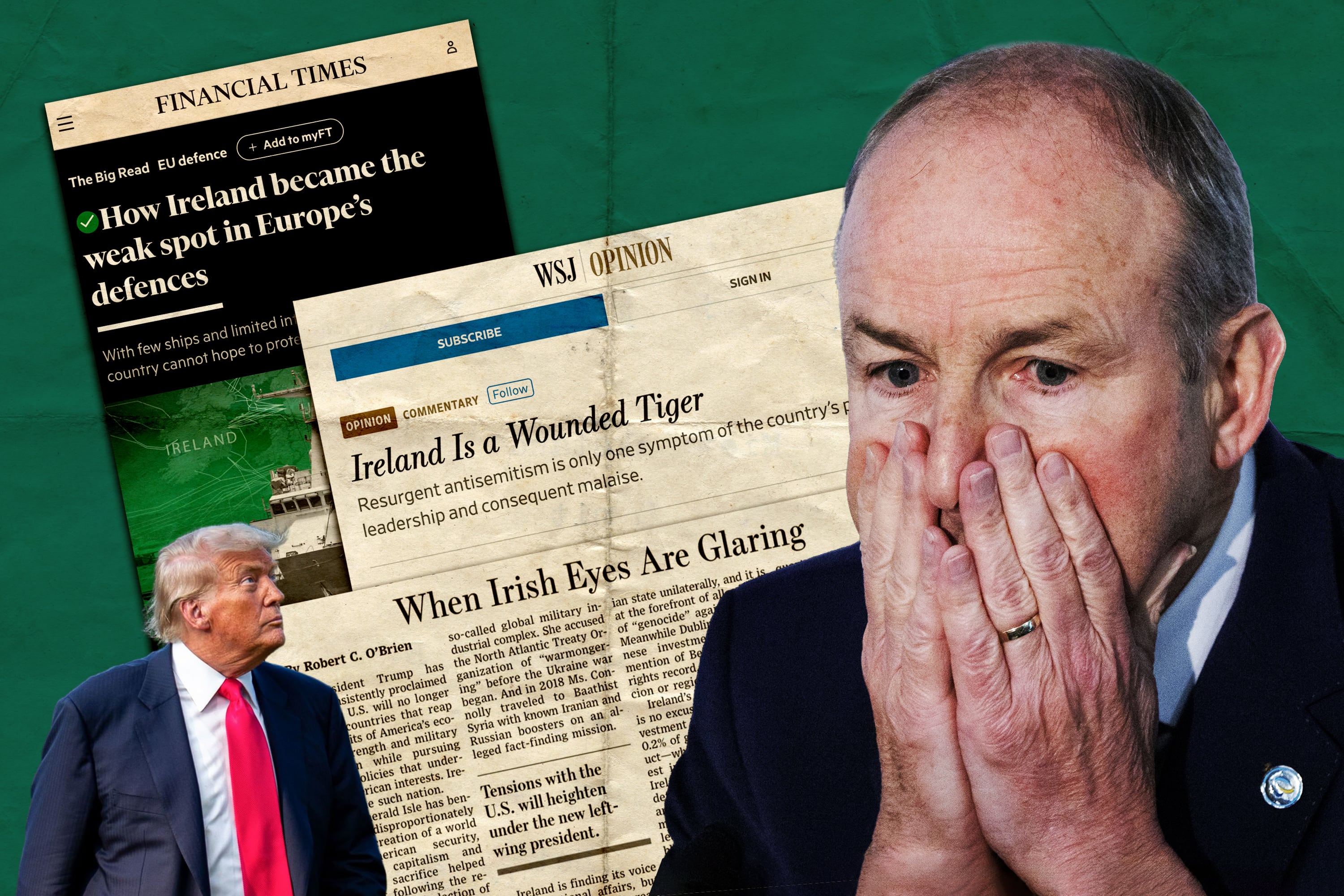At noon on Thursday Berylia’s national power grid was been taken out, the latest victim of its brutal four day war with Crimsonia.
Angry social media posts from war weary citizens, who could not cook or heat their homes, flooded the internet. Other posts, ostensibly from frontline soldiers, describe chaos on the battlefield, although it is not clear if they are genuine or the result of Crimsonian disinformation.
In a large room near St James Gate Brewey in Dublin, personnel from the National Cyber Security Centre (NCSC) and the Defence Forces stare at computers, trying to prevent more cyber attacks on the nation’s infrastructure and counter the enemy’s attempts to steer the online narrative.
As should be clear by now, this is not a real war. It is a large cyber exercise run by the Nato Cooperative Cyber Defence Centre of Excellence (CCDCOE) in Tallinn Estonia.
READ MORE
The war game, code-named Locked Shields, is the largest cyber exercise in the world, comprising dozens of participating countries and thousands of simulated attacks. Ireland has formed a joint team with South Korea which includes personnel from the NCSC, the Defence Forces and the private sector.
Ireland joined the CCDCOE last year. This is the first time it has taken part in the Nato exercise.
The Irish team plays the notional state of Berylia which has been attacked by the dictatorship of Crimsonia, played by a highly skilled team of Nato hackers based in Estonia.
Since Monday, they have been dealing with 18 individual simulated cyberattacks targeting a wide variety of State functions, including air defence, military command and control, energy networks and Government agencies.
“Our job, as it is in real life, is to deal with those attacks,” say NCSC director Richard Browne. It is similar to the 2021 cyber attack which crippled the HSE, except multiplied by 18 and occurring simultaneously.
“It’s like the 2021 incident but with very sophisticated actors at the other end, not just petty criminals like the HSE attack,” says Browne.
The broad contours of the war game are based on Russia’s cyberattack on Ukraine at the start of its full-scale invasion in 2022. However, Browne stresses Crimsonia is a fictional nation which, for the purposes of the scenario, is located in the middle of the Atlantic.
Although the stakes are fictional too, the Irish team have a daunting task. Locked Shields is structured as a competition and Ireland will be scored against the most advanced cyber defence teams in the world, including the US Cyber Command and other Nato forces.
“Because our attackers see us in the same way as they see [Nato countries], we know we’re subject to the same incidents they are,” says Brown. “So, we have to be able to defend at the same level as they do.
“For us, this exercise is about testing that capability. And then taking the lessons learned and coming back next year better.”
Browne’s team are assisted by cyber experts from the Defence Forces, led by Colonel Mark Staunton. The Government plans to create a dedicated military cyber defence command and exercises like this are a key step on that journey, says Staunton.
“Our relationship with the National Cybersecurity Centre is central to our capability development.”
In one corner of the room is the strategic communications team, a group of uniformed and civilian personnel tasked with fighting the information war.
Fake versions of social media platforms X and Facebook have been set up which are being used by Crimsonia to spread disinformation, deepfake videos and propaganda aimed at undermining public morale.
It is the job of Captain Kevin Kenny and his team for fight back by debunking fake news and spreading their own propaganda, although not disinformation. The “Strat Comm” team is also responsible for generating support for the EU and UN to intervene on the Berylian side.
“We use everything you would see on a normal social media site. We call out their disinformation, we call out their bots and we give the public updates on how the land war is going,” says Kenny.










